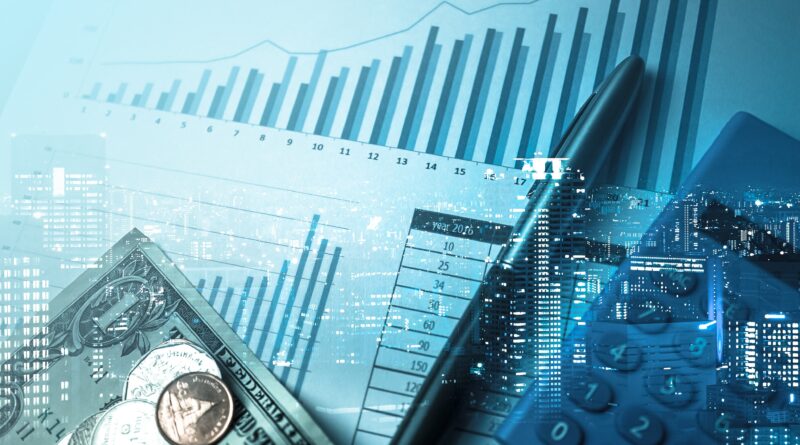Markets towards the end of the first quarter. What happened and what are the predictions?
The first quarter of 2024 for the markets is about to be archived: what has happened so far and what are the crucial issues for the coming months? Central banks and rate cuts, inflation, Chinese growth, the fall of the yen, geopolitical tensions and effects on raw materials are the factors that drove the markets in the first three months of the year.
Today's session is closing in Asia under the banner of volatility.
The yen remained at its weakest levels in decades, even as the threat of intervention from Japanese authorities prevented traders from pushing the currency to a new low, while Asian stocks rose ahead of a US inflation report that it will be published tomorrow, Friday (when many stock exchanges will be closed for the Easter holidays).
Chinese stocks reversed losses from the previous day, supported by a stronger yuan and expectations that Beijing will take more aggressive measures to stimulate the economy.
Fed Governor Christopher Waller said he thinks there is no rush to lower interest rates and wants to see "at least a couple of months of better inflation data" before cutting.
Two-year Treasury yields, which are more sensitive to political movements, rose about four basis points.
The dollar strengthened against most of the currencies of the Group of 10.
In this context, the markets are preparing to close a first quarter with interesting food for thought.
Markets towards the end of the first quarter: balance and forecasts The global bond and stock markets are closing the first quarter on a positive note, after months characterized by a climate oscillating between optimism and pessimism regarding future rate cuts by the main central banks.
The MSCI global stock index, which hit record highs in March, is up 10% since mid-January after traders abandoned earlier bets on as many as seven US rate cuts in 2024 but then chose to celebrate the idea of a decrease starting from June.
Last week Switzerland kicked off a cycle of easing among large developed economies.
And while investors expect the Federal Reserve to reduce US borrowing costs from 23-year highs in June and the ECB to cut the deposit rate from 4% that month, caution is in order.
read also ECB can cut rates even with rising wages, the statement The S&P 500 index on Wall Street and the European STOXX 600 index are close to record levels.
Among the major markets, only China has not been a winner with the pace of growth still fragile and uncertain.
In commodity markets, a supply shortage pushed cocoa futures to record highs, and in currencies, reduced bets on the Fed's rate cut left the dollar rising again.
The dollar index, which measures the value of the greenback against other major currencies, closed the quarter up nearly 3%.
Its strength has created further pain for both major and developing economies, with markets alert to Japanese intervention aimed at supporting the yen trading near 34-year lows.
What is about to happen in global markets? With investors now banking on a so-called “no landing” scenario of rate cuts without recessions, some analysts have warned of the fallout from mixed economic signals.
“This is a strange (economic) cycle where nothing is quite what it seems and we're getting all these mixed signals right now,” said Andrew Pease on Reuters, global head of investment strategy at Russell Investments.
Guy Miller, chief market strategist at Zurich Insurance Group, highlighted that while markets have embraced the idea of better economic growth supporting corporate profits, recession risks should not be forgotten.
read also China may delay Fed rate cuts A Deutsche Bank survey of 250 investors conducted this month found that nearly half expected no recession in the United States and that inflation would remain above target Fed's average rate of 2% by the end of 2024.
More than half of investors surveyed believe the S&P 500 index, which influences the direction of stocks around the world, is more likely to fall 10% than rise of this amount.
“The situation would be very different (from the current one) if inflation surprised on the upside and rate cuts were to be pushed further.
Financial markets would suffer,” said Zurich's Miller.
In summary, anything can still happen in the coming quarters and investors are called to be more cautious than euphoric.




